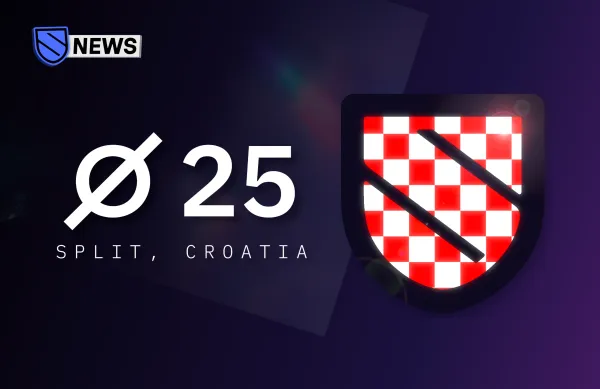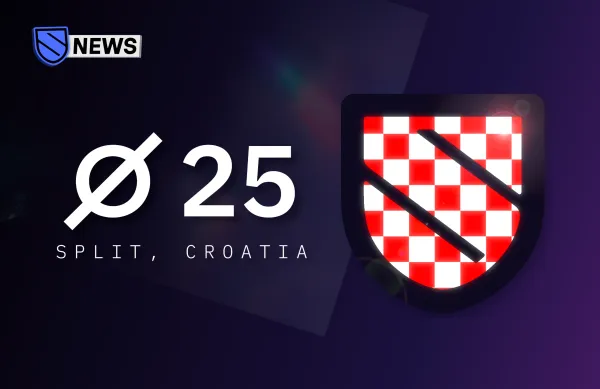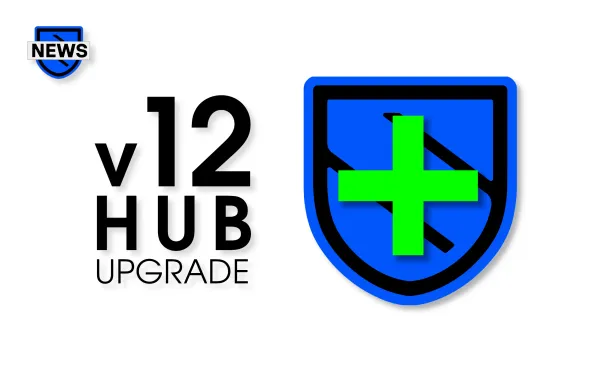Bets Without Borders: Sentinel and Tokabu Partner for New Gambling dVPN
"The spirit of gambling cannot be restricted," the team proclaimed today as they revealed the ecosystem's latest upcoming dVPN.
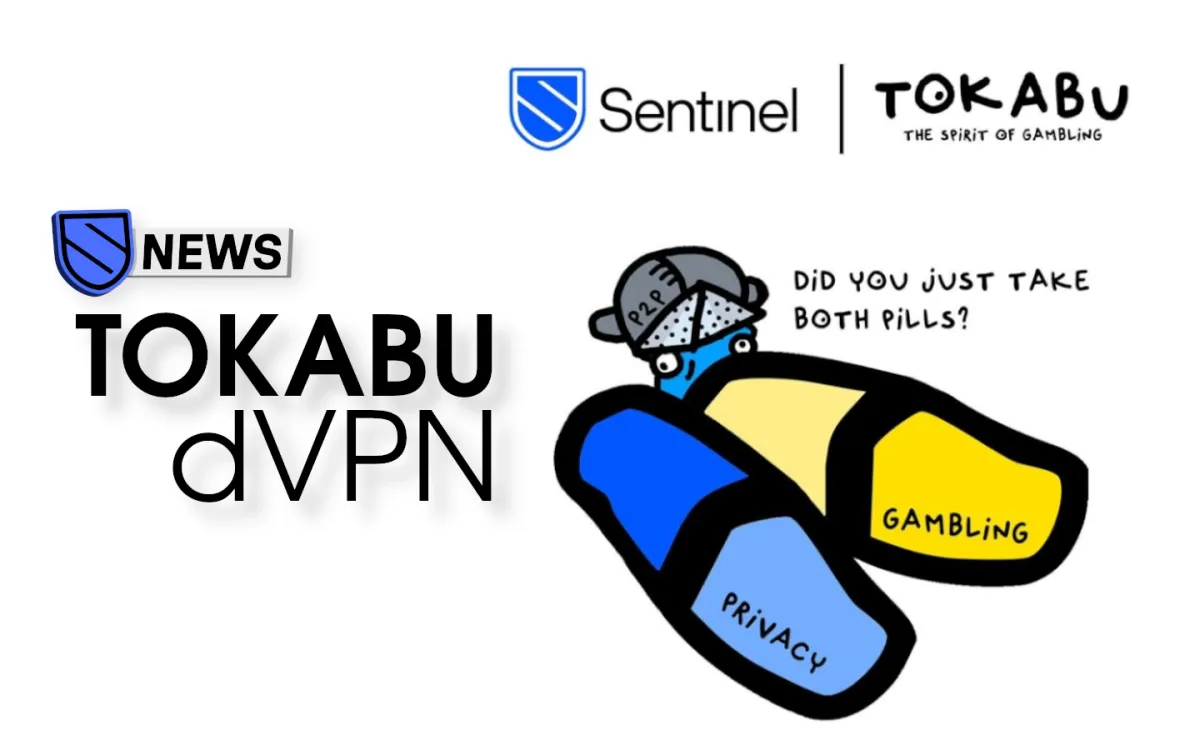
Last week, a Sentinel team member has announced that they will be partnering with Tokabu to develop a dVPN application aimed at gamblers. More details have emerged since then, including an overview of how the application will look and function.
In addition to catering to a highly geo-restricted niche market which boasts a high demand for VPNs, this will become Sentinel's second foothold within the popular Solana Ecosystem (encryptSIM being the first a few months ago).
What is Tokabu?
Tokabu, also known as the Spirit of Gambling, is a memecoin ($TOKABU) created to celebrate gambling culture, audacity, and the excitement of chance and chaos.
It's used by its community to fuel playful events, rituals, and narratives, contributing to an overarching tongue-in-cheek mythos deifying the coin's namesake as a god of speculation. Volatility is embraced, not feared—with every pump and dump becoming another thrilling chapter of a story of winnings and losses.
Tokabu groups on Telegram, Discord, and other platforms often hold minigames, lotteries, and raffles using the asset. The community culture includes a keyboard-smash shorthand (ex. "GLWGWUGWLGUWGW") intended to convey the excitement of playing the slots or a rolling of the dice.
Tokabu, which is part of the Solana Ecosystem, has been heavily promoted by the massively popular Pump.fun platform, including its creator, Alon.



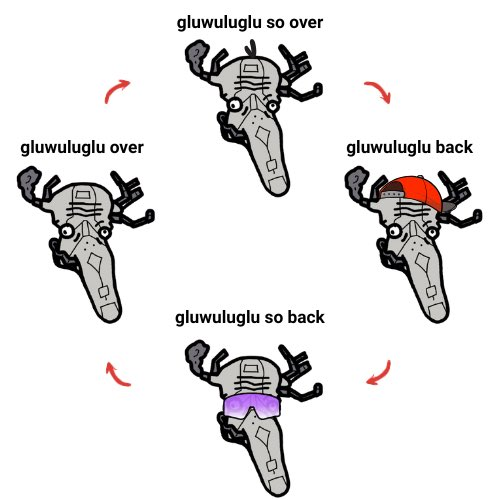
A glance at Tokabu community culture. [Credit: @zinceth, @TokabutheSpirit, @traderpow]
Tokabu dVPN
Substantial details are already available about the application in development, despite the short amount of time which has passed since it was announced.
- The Sentinel Foundation seems to be developing it in-house, much like Cosmo dVPN and the Sentinel Shield ecosystem flagship app.
- As usual with Sentinel dVPN applications, its initial debut will be on mobile platforms (Android and iOS).
- It will have a simplistic, straightforward interface designed for ease-of-use.
- During its first phase, the dVPN will be free to use, with revenue being collected from in-app advertisements for casino affiliates and other gambling venues.
- TOKABU coin payments for subscriptions will be rolled out later on.
Today, the team has released a mockup of how the user interface will look:
The Tokabu dVPN will have a very simple and easy to use interface and will initially be free and earn revenue from in-app casino affiliate advertisements. $TOKABU token will be integrated for payments in the future.
— Sentinel (@SentinelP2P) August 16, 2025
The spirit of gambling cannot be restricted pic.twitter.com/VSATiOMRx7
No timeframe has been provided for the launch yet, but the team appears to have flagged the release as high priority.
This is the second attempt that Sentinel has made at creating a bespoke dVPN for a memecoin community—Dogwifhat dVPN successfully catered to WIF holders for most of 2024 before being put on indefinite hiatus due to issues with app stores.
These efforts are more than just an attempt to spread Sentinel's reach and capitalize on trends, it's a broader statement about the project's openness to third-party integrations and accommodation of an infinite spectrum of payment methods: dVPN can embed itself as an ally to any Web3 community and level up their asset's fundamentals in the process.

P2P NEWS
Powered by the Sentinel Growth DAO
The community's most-trusted nexus for news coverage of the Sentinel Ecosystem and its applications, distributed infrastructure, and third-party contributors across the globe.
SUBSCRIBE
Telegram • X • Newsletter
What is Sentinel?
Sentinel is a peer-to-peer global bandwidth marketplace which powers both privacy-focused consumer products and development utilities. The most prominent of these usecases at present are decentralised VPN (dVPN) applications and data acquisition for the training of AI models.
🎓 To learn more about Sentinel, check out more of our articles, visit the project's official website, or read the documentation.




